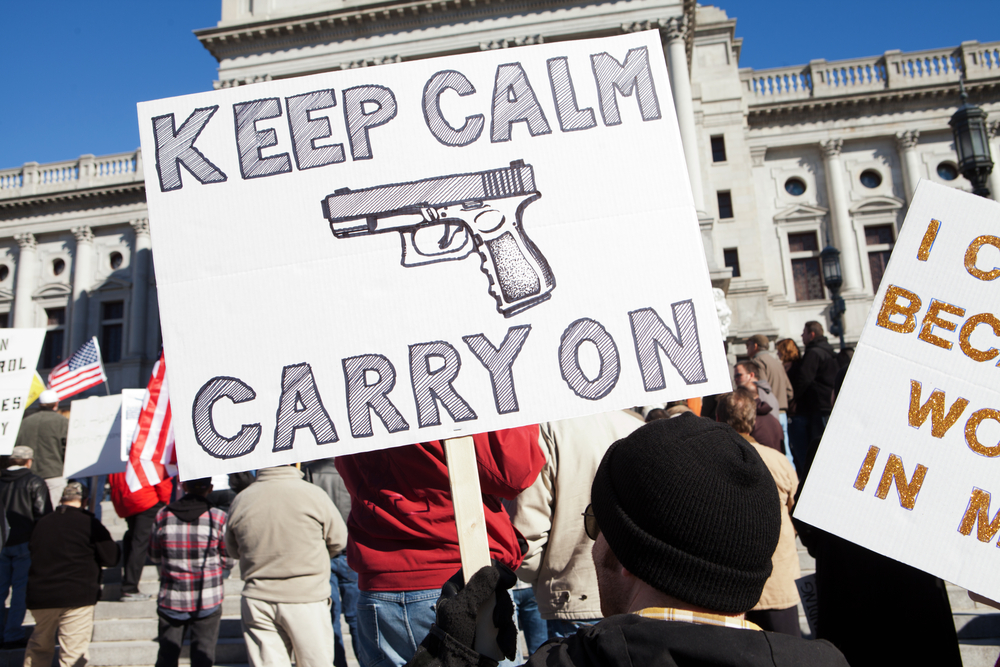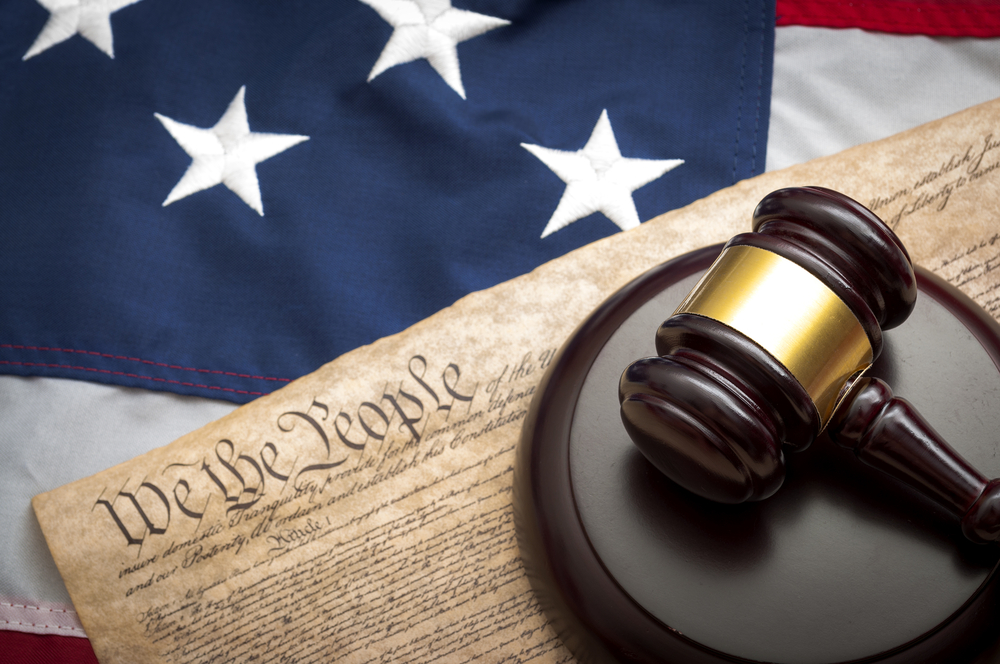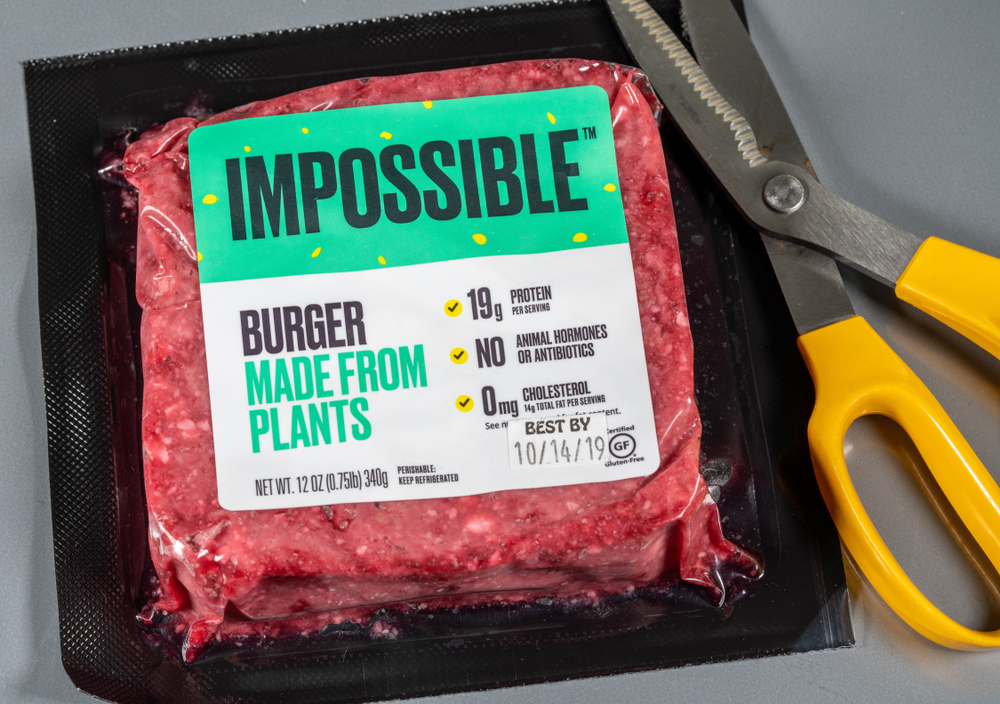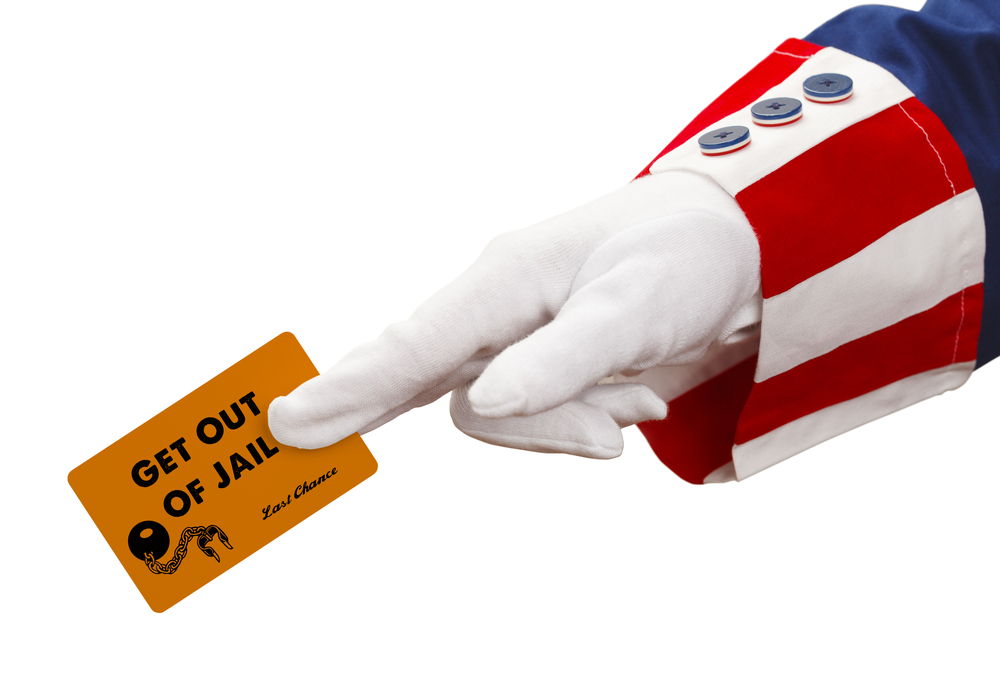There’s a relatively new gun lobby in town. And the events of 2020 have resulted in a spike in the 34,000 member National African-American Gun Association.
“In the month of May, from a Friday to a Monday we had 2,800 people join. The following week we had a thousand people join in an eight-hour period on a Saturday,” said NAAGA founder and President Philip Smith. “Obviously I don’t know the mindset of every person that joined, but I will say this. They are joining for a lot of the same reasons. They’re joining because they’re scared, because they want to protect themselves from the results of COVID — food shortages, people running amok through the community stealing resources that need to be gotten by a community — food, water, gas. Those are some of the driving factors that have folks joining our organization.”
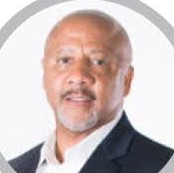
Smith founded the NAAGA in 2015. “I was seeking to have an organization that spoke to the concerns and values and culture of African-Americans as it relates to firearms,” he said. “When you looked at the landscape at that particular time, African-Americans did not have a consistent voice to represent the things that are important to us.”
RELATED: Crime rate often dropped as coronavirus took over
RELATED: Black, deaf Americans face extra obstacles when dealing with police
Like the National Rifle Association, the African-American Gun Association is staunchly supportive of the Second Amendment. But, Smith said African-Americans have a far different history with the right to bear arms. It's a history not addressed by the NRA.
A different history
“We’re the only ethnic group that was denied access to firearms historically from the 1600s to just in the last 100 years or so,” Smith said. “We’ve had systematic laws put in place, the black codes, that prevented us from getting firearms. We have a history that’s quite different and, to be quite honest, in contemporary times — meaning now — when a Black man gets a gun, it’s much different in how that’s interpreted versus someone who is not Black. It’s the reality. So, our organization speaks to that reality.
"We talk about those things that are important to us as it relates to Blacks and guns. Shooting a gun is the same for everyone. We train folks in how to shoot, know the laws in their state. But with that same breath we make sure that they are aware of the cultural and social issues they need to be aware of when it comes to guns.”
Smith said the African-American history with guns makes it seem, to some, like the Second Amendment is not for everyone. He said that is wrong.
“It applies to us and it’s our right,” Smith said. “We are American citizens. Our job, and the job of the organization, is to make sure that we address that social narrative and change that social narrative. Give them visual and tangible proof that we do have that right. And, that is done by establishing chapters, by having Black men purchase guns, having Black women purchasing guns and being very active in the community. Letting everyone know that we have the right and we are going to exercise that right if we want to.”
Orrin Fredericks heads up the Tampa, FL Chapter of the African-American Gun Association at the Black Lion’s Gun Club. He has been a concealed carry permit holder since 1993.
“This organization is definitely needed because it’s a great place for African-Americans to not feel intimidated,” Fredericks said. “It provides an atmosphere where they can ask as many questions as they want and not feel, for lack of a better word, stupid. As you and I both know, this is something that’s fairly new to the Black community so there’s a thousand and one questions.”
Spreading the word
And, Fredericks said the more African-Americans know about their gun rights, the better.
“There’s a lot of African-Americans who own firearms who just don’t, for whatever reason, know the legal process to legally own a firearm,” Fredericks said. “One of my goals is to walk people through the legal process. There’s a lot of people who have the firearms but they haven’t gone through the proper legal process. That’s one of the issues in our community as well.”
The case of Philando Castile in Minnesota, however, makes it clear that knowing your rights to legally carry a gun may not be enough for the African-American gun owner. Castile was shot five times by a police officer during a traffic stop after telling the officer he had a concealed carry permit and a gun in his car. Castile died. The city of St. Anthony, MN settled wrongful death lawsuits in the case for $3.8 million.
“This is one of the things I talk about probably more than any other case, the Philando Castile case,” said NAAGA founder Smith. “What we don’t want to do as a people and community is to sit back and cower down like we’re not American citizens. In fact I advocated every African-American, the next day, to get your gun and to carry, conceal carry your gun the very next day. You cannot sit back and let one rogue cop, or a bunch of rogue cops, prevent you from being an American. Our ancestors fought and died for us to be here and for you and I to have this conversation. I’m not going to push that away and act like it doesn’t exist, or I don’t have the right to carry a gun in this country, because I do. We are full-fledged Americans and we should never, ever, bow down and step back based on someone’s negative view, or their inability to interact with folks who are different from themselves.”
The Tampa NAAGA’s Fredericks agreed, stating the bottom line much like an NRA member would.
‘’You have a responsibility to protect yourself, your family and your home,” Fredericks said. “I’m not a proponent for going out and looking for trouble. It is your Second Amendment right to protect your life, your family’s life and your home.”

